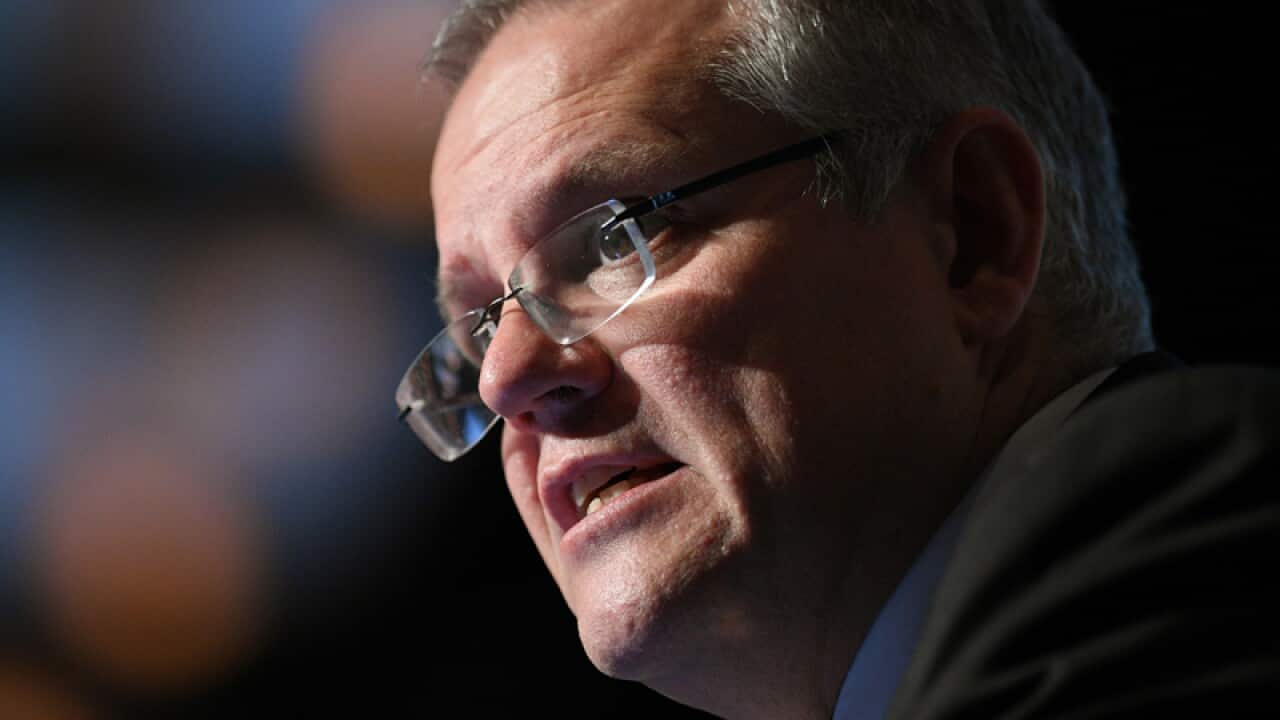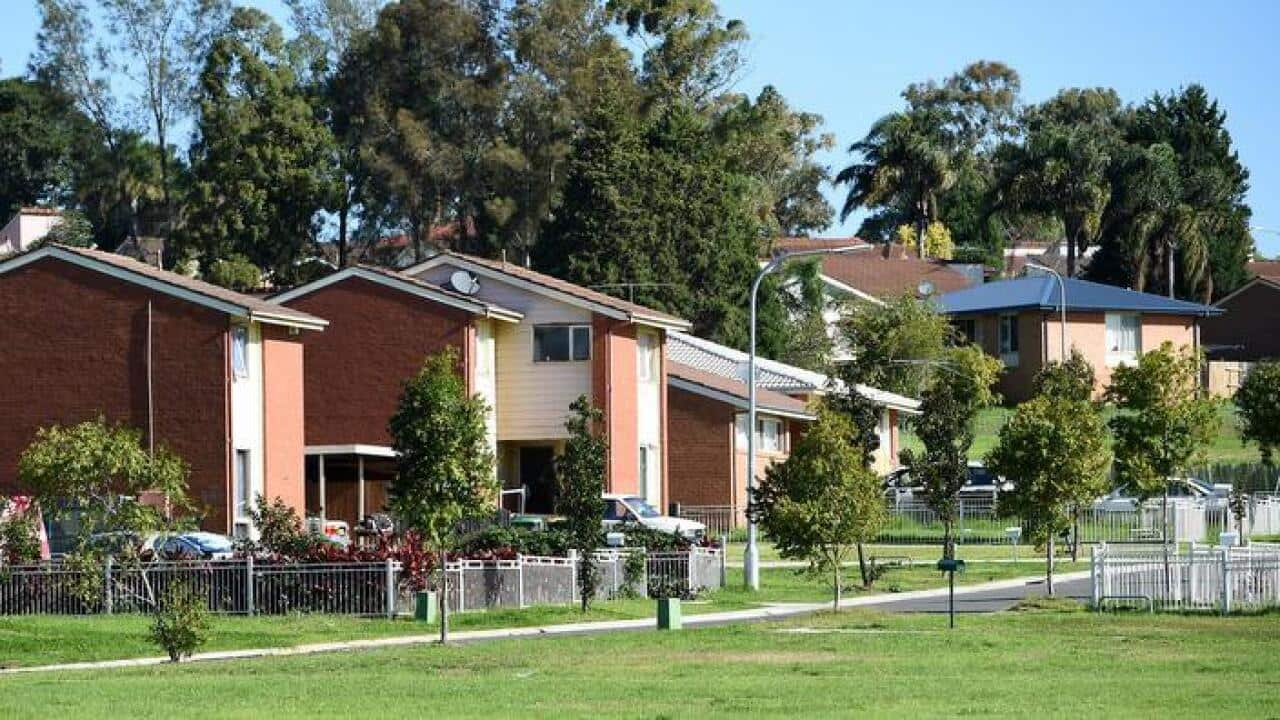The Turnbull Government is using the weeks ahead of the May 9 Budget to change the way debt is reported, to allow itself to borrow for large infrastructure projects.
Treasurer Scott Morrison wants to better explain what is “good” and “bad” debt, making it clearer where the government’s expenditure is going.
"We all need to understand what is driving the growth in our public debt and we need to budget in a way that creates accountability for increasing public debt and the interest rate payments that go with it," Mr Morrison said in a speech to the Australian Business Economists lunch on Thursday.
Debt accrued to fund increasing health, welfare and other government everyday expenses would be classified as “bad” debt, while that amassed to fund projects and policies that eventually lead to productivity and generated returns would be considered “good”.
Watch: Morrison on "good and bad" debt
It’s a move already being labelled the biggest shake-up to the federal budget in years and Treasurer Morrison compared the changes to everyday Australian mortgages and credit card debt.
"Australians understand taking out a mortgage to pay for their home is a wise investment for their future,” Mr Morrison said.
“They also know that putting your everyday expenses on the credit card is not a good idea. It doesn’t end well.
“This is basically the difference between good and bad debt.”
The Treasurer said it's “wise” for governments to borrow when rates are low to lock in longer-term financing for investments which will provide major growth.
He said federal budgets in the past do not “make the distinction between good and bad debt”.
“All debt is lumped in together, whether it is for capital or recurrent purposes,” Treasurer Morrison said.
Related reading

Turnbull jets off pre-budget to meet Trump
The Prime Minister explained it by matching any debt by the asset it could provide in the future.
Malcolm Turnbull likened it to running up credit card debt to pay for a holiday and said it’s the definition of “living beyond your means".
"When governments borrow to build assets... you know, generically, good debt. But if you're borrowing money to fund an excess of spending over revenue, then that is debt that ultimately is living beyond your means," Mr Turnbull told ABC radio.
"Now, that's what we can't afford to continue to do."
The Opposition Leader said the Coalition was voted into power in 2013 on the promise it would cut the debt and the deficit.
"Today, the Prime Minister and the Treasurer are changing the goalposts. It is tantamount to an admission of failure,” Bill Shorten told reporters in outer Melbourne.
In his final set-piece speech before the May 9 Budget, Mr Morrison said while the overall economic picture is improving, that does not mean the benefits are being felt by all.
There are also risks in east coast housing markets with Australian households now the fourth most indebted in the OECD as a share of income, coming behind Denmark, the Netherlands and Norway.
"While care must be taken to temper excessive investor activity that can inflate the market and increase the risks, equally a policy overreaction could have very real negative impact," Mr Morrison said.
The budget will address the many housing challenges that Australians face and reduce the rising costs of living wherever it can.
Shadow treasurer Chris Bowen said Mr Morrison claiming victory that his housing policies were already working is a "sick joke".
"Tell that to young people who are turning up at auctions week after week, being shut out of the housing market," he told reporters in Sydney.
Turnbull and Trump’s face-to-face



